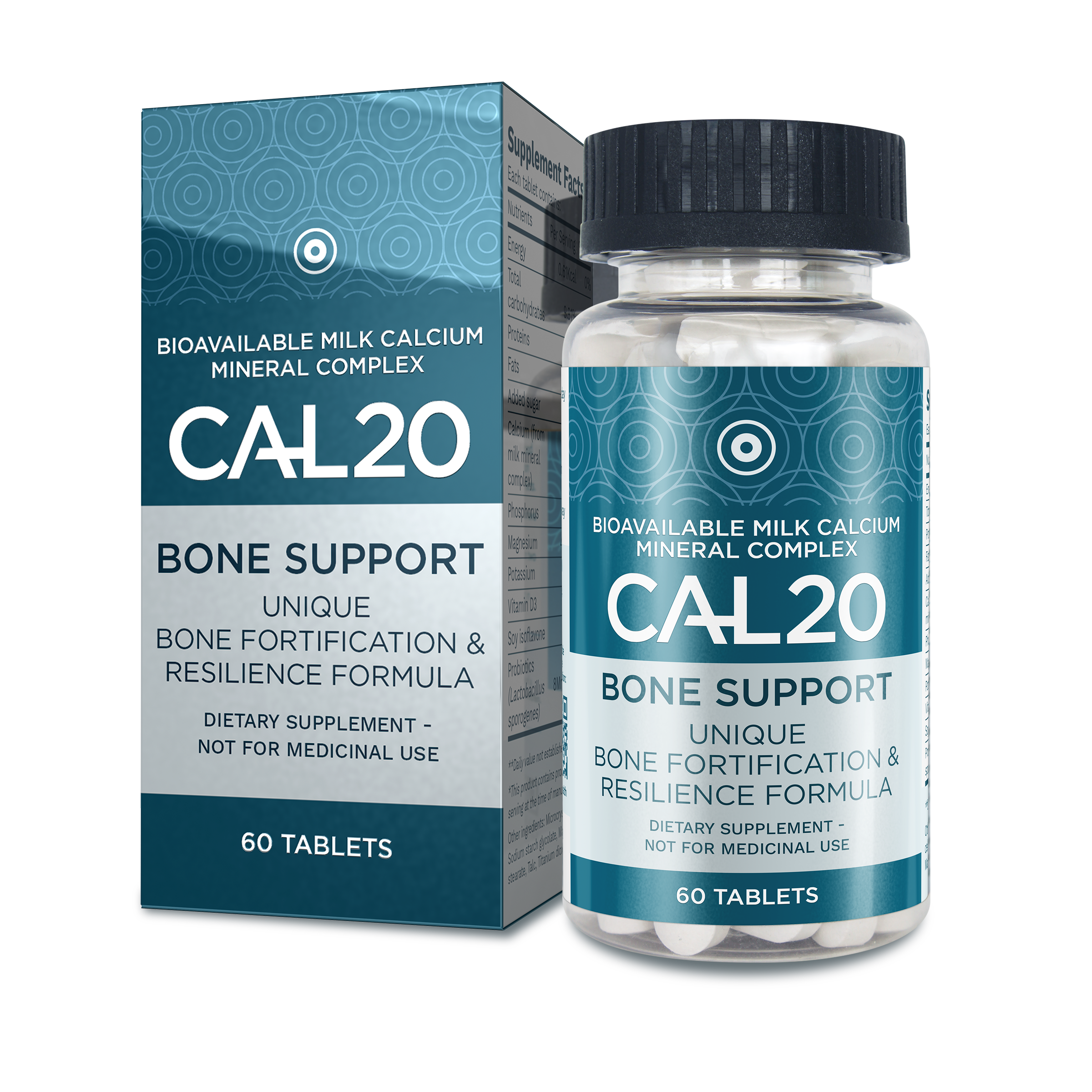In the landscape of cancer recovery, the aftermath of treatment presents a challenging phase for survivors, particularly in maintaining bone health. The statistics presented by the Journal of Oncology in 2019 shed light on a significant concern: the intersection of cancer survival and the heightened risk of osteoporosis. With approximately 16 million cancer survivors in the United States and 32 million worldwide, a considerable portion of this population, notably those in their later decades of life, faces a dual challenge. Predominantly, women with early-stage breast cancers and men with nonmetastatic prostate cancers (NMPC) endure treatments that precipitate a notably high rate of bone loss.
The Growing Concern of Osteoporosis Among Cancer Survivors
Osteoporosis, a condition of weakened bones, has reached near-epidemic proportions globally, with an estimated 200 million affected. The risk of fragility fractures significantly increases with age, impacting at least 40% of postmenopausal women and 15% to 30% of men. This bone-weakening disease results from the depletion of peak bone mass achieved by age 30, compounded by losses associated with aging and menopause. Factors such as genetics, lifestyle choices like smoking and excessive alcohol consumption, and certain medications further exacerbate bone loss.
Cancer treatments, including estrogen and androgen deprivation therapies, chemotherapy-induced ovarian failure in premenopausal women, aromatase inhibitors in postmenopausal women, and antiandrogens in men with NMPC, significantly contribute to bone density reduction. The rate of bone loss due to cancer therapy can be over seven times greater than that caused by normal aging, posing a severe risk for osteoporosis and fractures.
Introducing Cal20: A Beacon of Hope
Amid these challenges, Cal20 emerges as a crucial ally for cancer survivors navigating the path to recovery. A unique, breakthrough milk calcium supplement enhanced with Vitamin D3 and probiotics, Cal20 is uniquely positioned to address the critical issue of bone health post-cancer treatment. Its patented extraction process from milk, nature’s natural source of calcium, ensures a high bioavailability, enabling better absorption and utilization by the body compared to other calcium sources such as limestone.
The Significance of Vitamin D3 and Probiotics
The inclusion of Vitamin D3 in Cal20 is pivotal for the absorption of calcium, a necessary step in fortifying bone density. The probiotics component not only supports gut health, crucial for nutrient absorption but also plays a role in enhancing the immune system, a vital aspect of recovery for cancer survivors.
Clinical Efficacy
Clinical studies have underscored the effectiveness of Cal20, demonstrating an 87% increase in bone density among users. These studies can be found on the website www.youngerforlife.com This remarkable improvement is a testament to the supplement’s superior formulation, offering hope and tangible benefits to those at an increased risk of osteoporosis due to cancer treatments.
Conclusion
The intersection of cancer survival and the risk of osteoporosis calls for a strategic approach to post-treatment care. Cal20 stands out as a scientifically backed, comprehensive supplement designed to mitigate the severe bone loss associated with cancer therapies. For cancer survivors, particularly those who have undergone treatments known for accelerating bone density reduction, Cal20 offers a pathway to not only reclaiming bone health but also enhancing overall well-being in the recovery journey.




